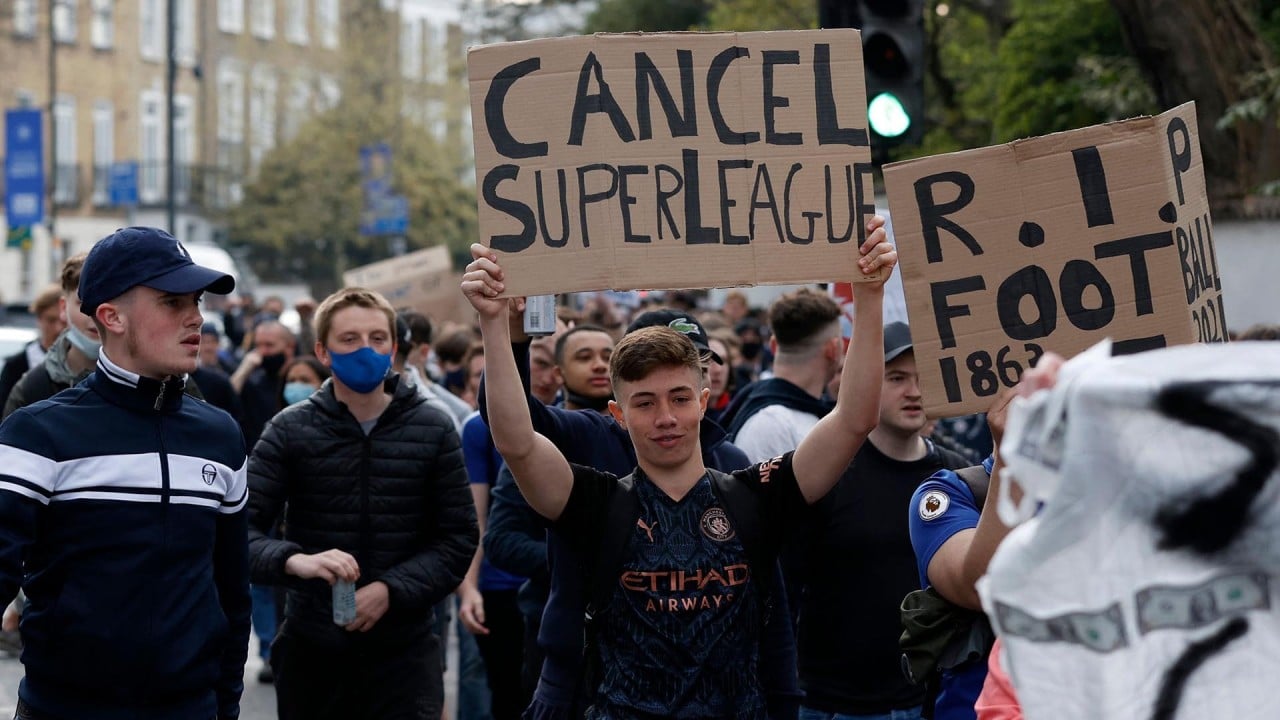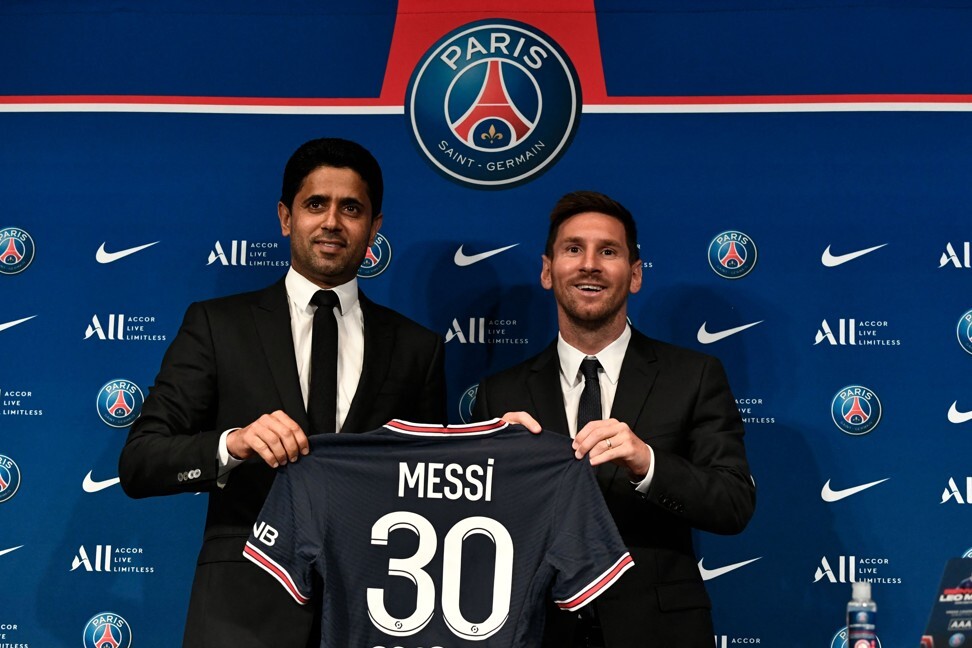
Uefa close to US$7 billion package to help football clubs recover from cost of coronavirus pandemic
- Funding part of strategy to assist clubs after more than a year of stadium closures and falling broadcast revenue
- European football governing body’s plan involves emergency pot of money to guard against future crises, and new rules on financial fair play
Uefa is putting the final touches to a rescue package valued at as much as €6 billion (US$7 billion) to help European football recover from the impact of the pandemic, according to people familiar with the matter.
The funding is part of a proposed three-pronged strategy by the football governing body, to be outlined in the coming weeks, to assist clubs after more than a year of stadium closures, as well as falling broadcast revenue.
Uefa’s plan involves a funding facility of €2 billion to €6 billion, an emergency pot of money to guard against future crises and new rules on financial fair play, the people said, asking not to be identified discussing confidential information.
Under the proposals, clubs will have access to funds at lower borrowing rates and be able to restructure existing debt over longer periods of five to seven years, the people said.

03:49
‘A missed opportunity?’ How the European Super League could have impacted China
Uefa has been in talks with London-based investment firm Centricus Asset Management over financing the plans, Bloomberg reported in April.
A representative for Uefa declined to comment.
English football club Derby County ready for sale to ‘criminal investor’
The measures come at a precarious moment for the world’s favourite sport, which saw the pandemic disrupt play across Europe’s biggest competitions, including Uefa’s flagship Champions League.
The European football market contracted for the first time since the financial crisis in the 2019-20 season, according to a July report from Deloitte, with revenue falling by 13 per cent to €25.2 billion.
That’s brought even the most prestigious clubs to heel. Spain’s Barcelona were this month unable to find the money to keep Lionel Messi, their record goalscorer considered by many to be the greatest player ever. Messi this week signed a contract with Paris Saint-Germain, the French team backed by Qatar.

Uefa will seek to prevent clubs with super-rich owners, which include England’s Chelsea and Manchester City, from gaining an unfair advantage in European leagues by introducing new caps on player salaries, one of the people said.
Earlier this year, Barcelona were among a group of top teams that sought to boost and safeguard future revenue by breaking free of Uefa’s Champions League to form a new European Super League. The plan, which was backed by financing from JPMorgan Chase & Co., collapsed in a matter of days after fierce backlash from fans and politicians.
On Thursday, Spain’s top clubs agreed to a proposal from private equity firm CVC Capital Partners to pump €2.1 billion into La Liga, a move aimed at helping it recover from the pandemic. Barcelona and Real Madrid were powerful opponents of the plan because of fears about what it means for future broadcast revenue.

